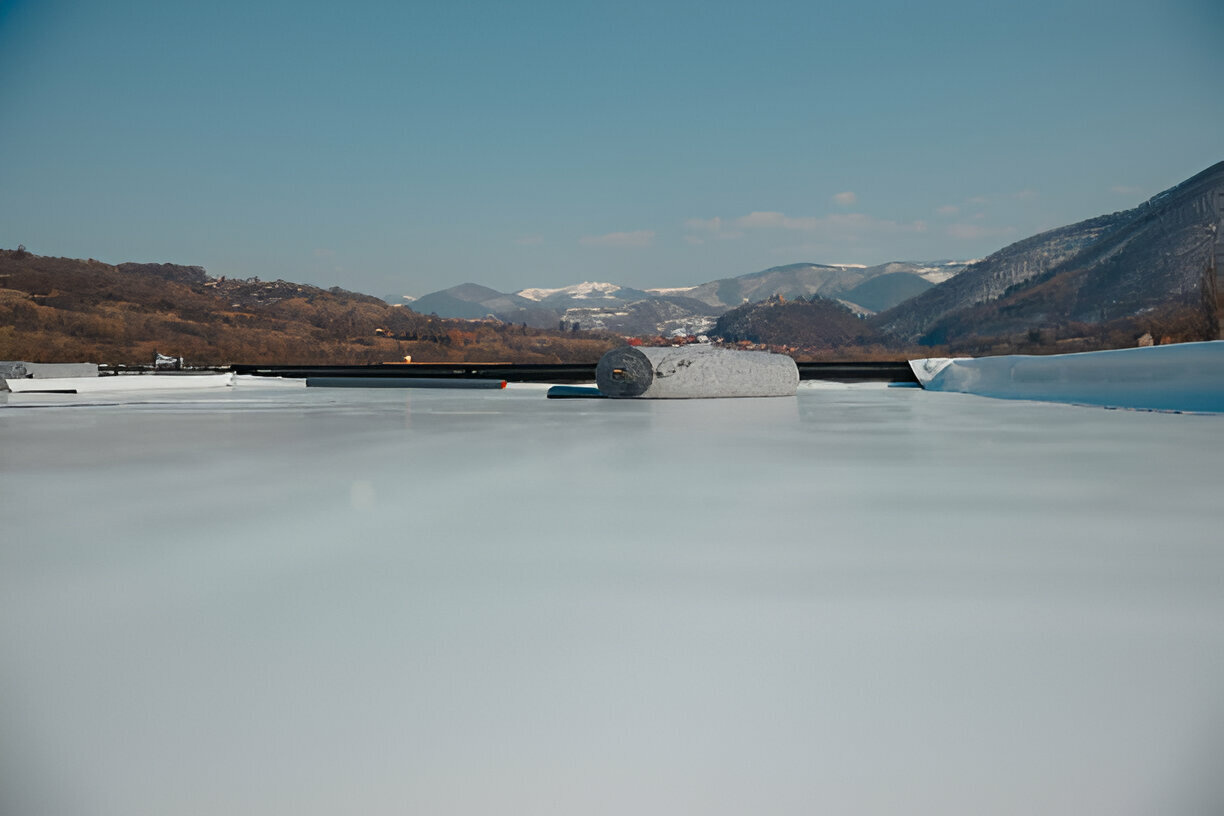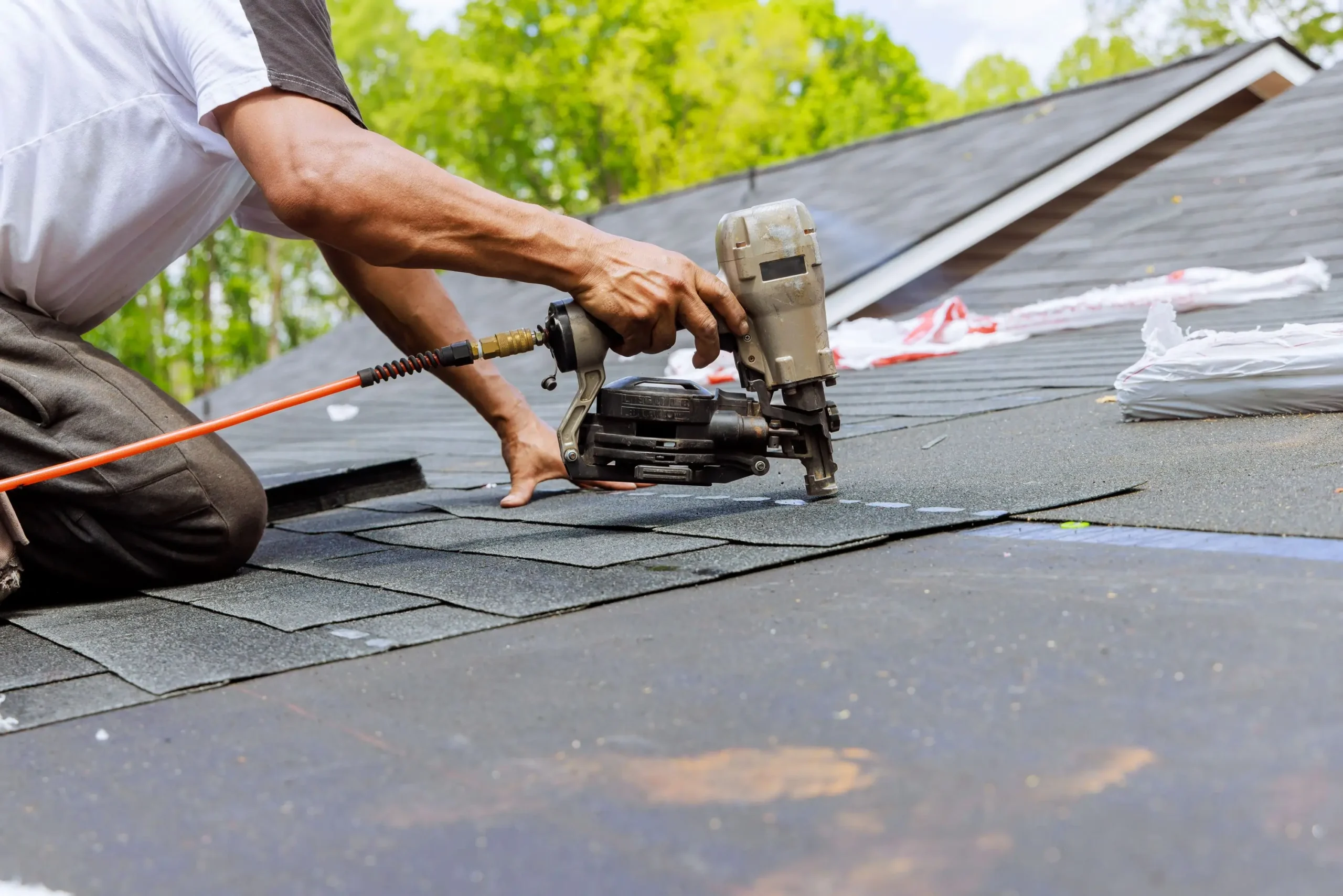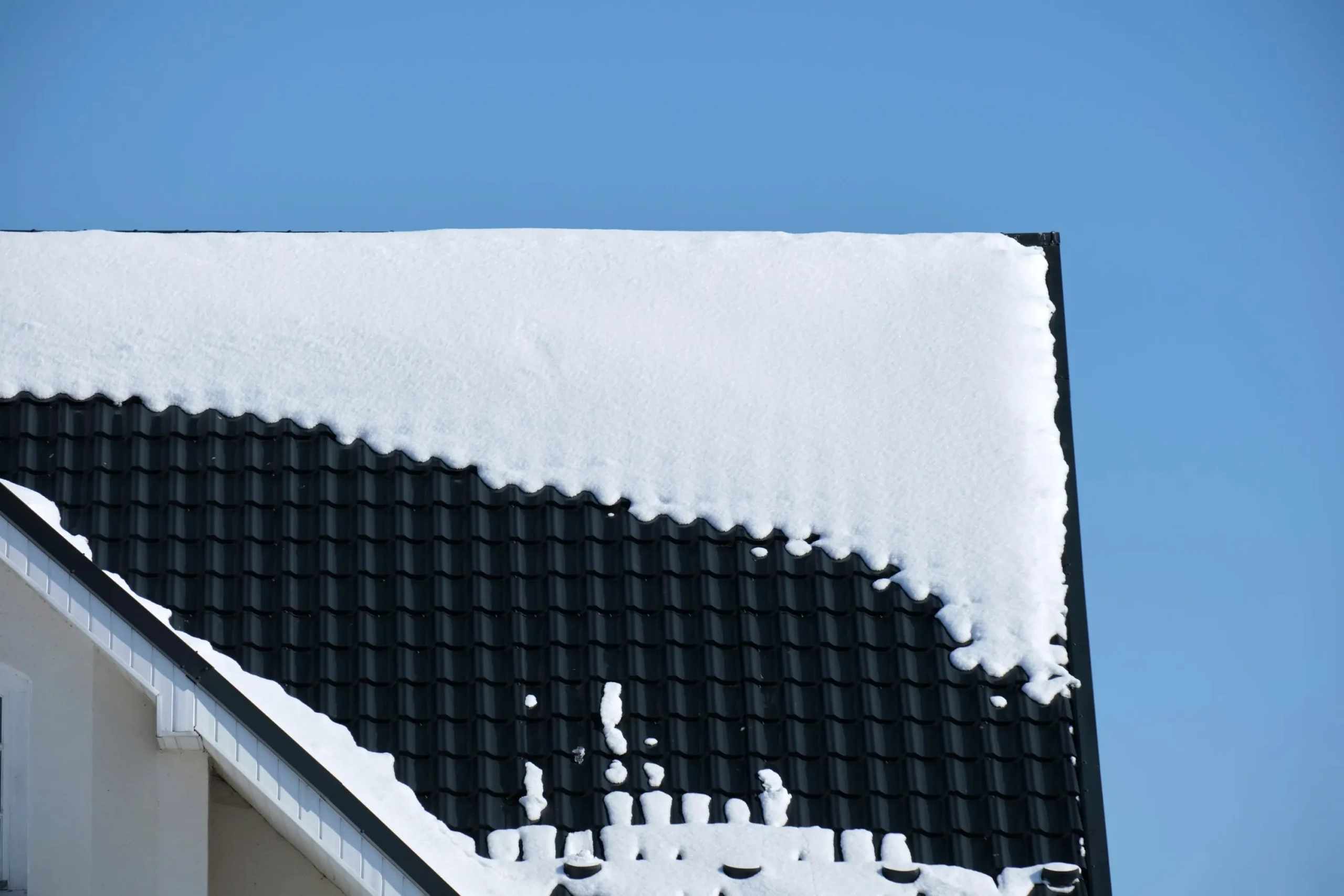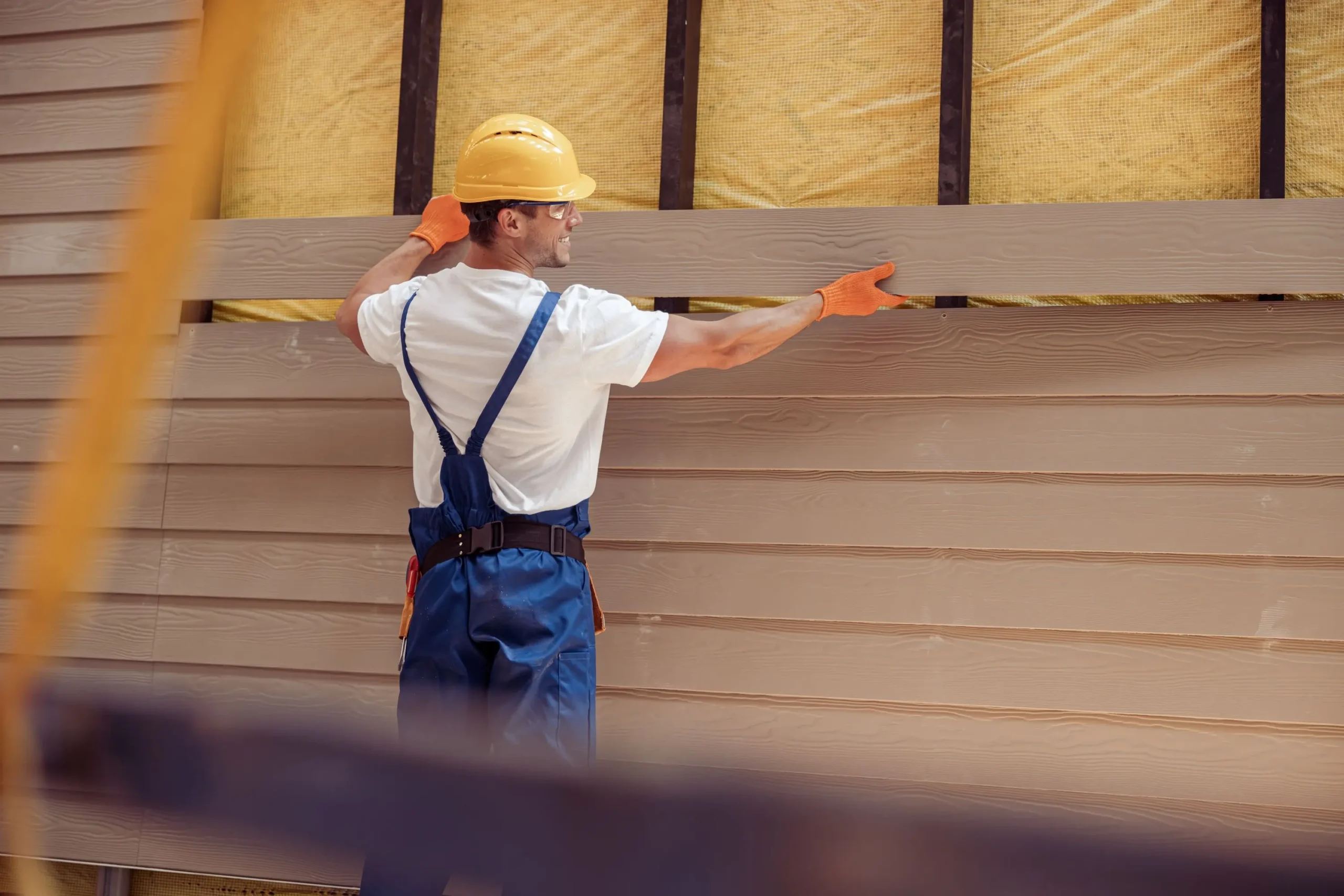TPO (Thermoplastic Olefin) roofing has become popular for commercial and residential flat roofs due to its durability, energy efficiency, and ease of installation. In any case, similar to all roofing systems, TPO roofs accompany their arrangement of difficulties. In this blog, we’ll talk about some normal TPO roofing problems and the arrangements that can assist with resolving these problems, guaranteeing the life span of your roof. If you are not sure about the existing condition of your TPO roof in Calgary or the surrounding regions in Calgary, schedule a free roof inspection with us. Give us a call at +1 (825) 258 5914.
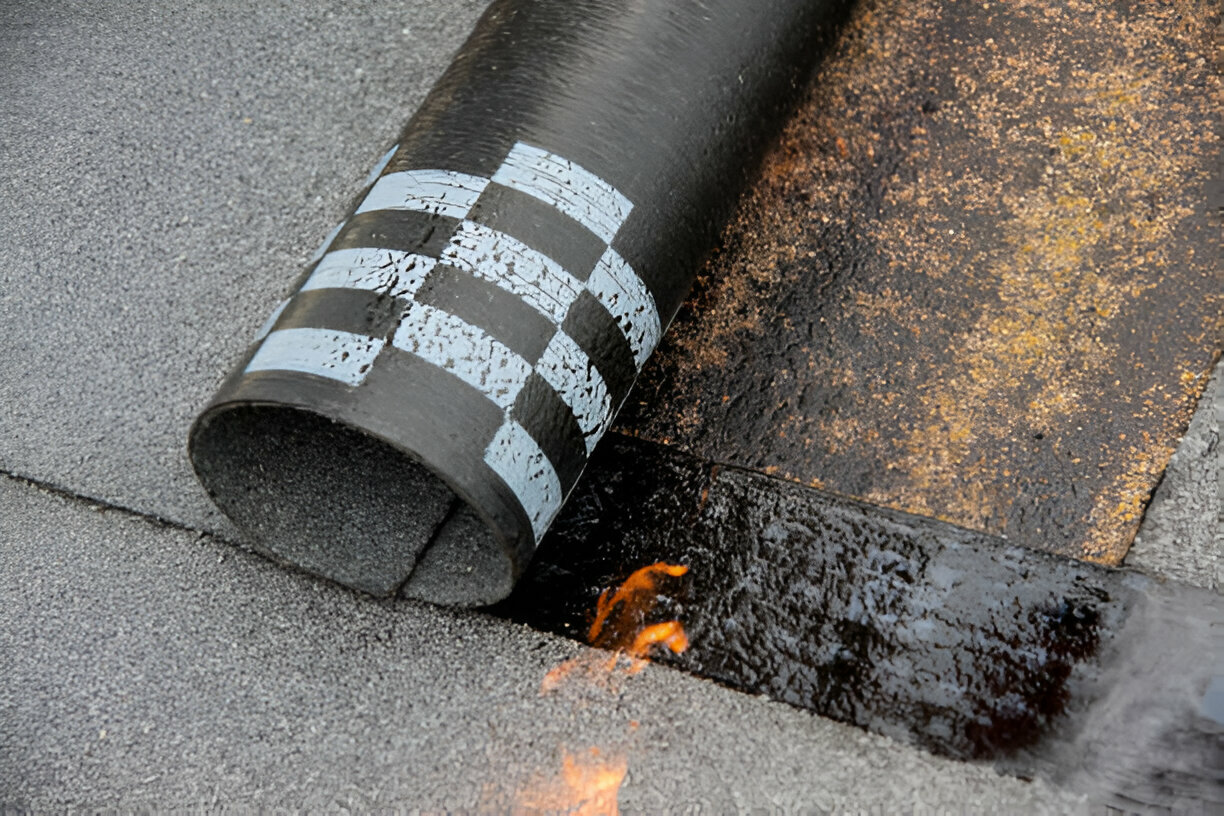
Common TPO Roofing Problems
TPO roofs are generally considered low-maintenance, yet they can develop problems over time. Recognizing and resolving these problems early can forestall more expensive repairs later. The following are the most widely recognized problems experienced with TPO roofing:
1. Seam Failures In TPO Roofing
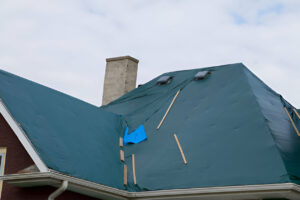
Seams are one of the vulnerable parts of a TPO roofing system. Over time, the seams can weaken because of UV exposure, temperature variances, and inappropriate installments.
Why It happens:
– Poor installation practices
– Aging material
– Inadequate heat welding at seams
Solutions:
– Re-welding seams: If seams are failing, they can be re-welded to reestablish their trustworthiness.
– Seam tape or adhesive: In some cases, specially formed seam tape adhesive can be utilized to repair small tears or separations.
– Regular inspections: Periodic checks for signs of seam failure and early repairs can expand the life expectancy of the roof.
2. UV Corruption and Brittleness
TPO roofing is highly resistant to UV rays, however consistent openness to daylight can make the material degrade over time. This can lead to brittleness, cracking, or chalking on the surface.
Why It Happens:
– Prolonged exposure to the sun
– Material quality issues
Solution:
– Cool Roof Coatings: Applying a reflective roof coating can extend the life expectancy of the TPO layer by decreasing the impacts of UV exposure.
– Regular Maintenance: Routine cleaning and inspections will help prevent the buildup of dirt and debris, which can accelerate UV damage.
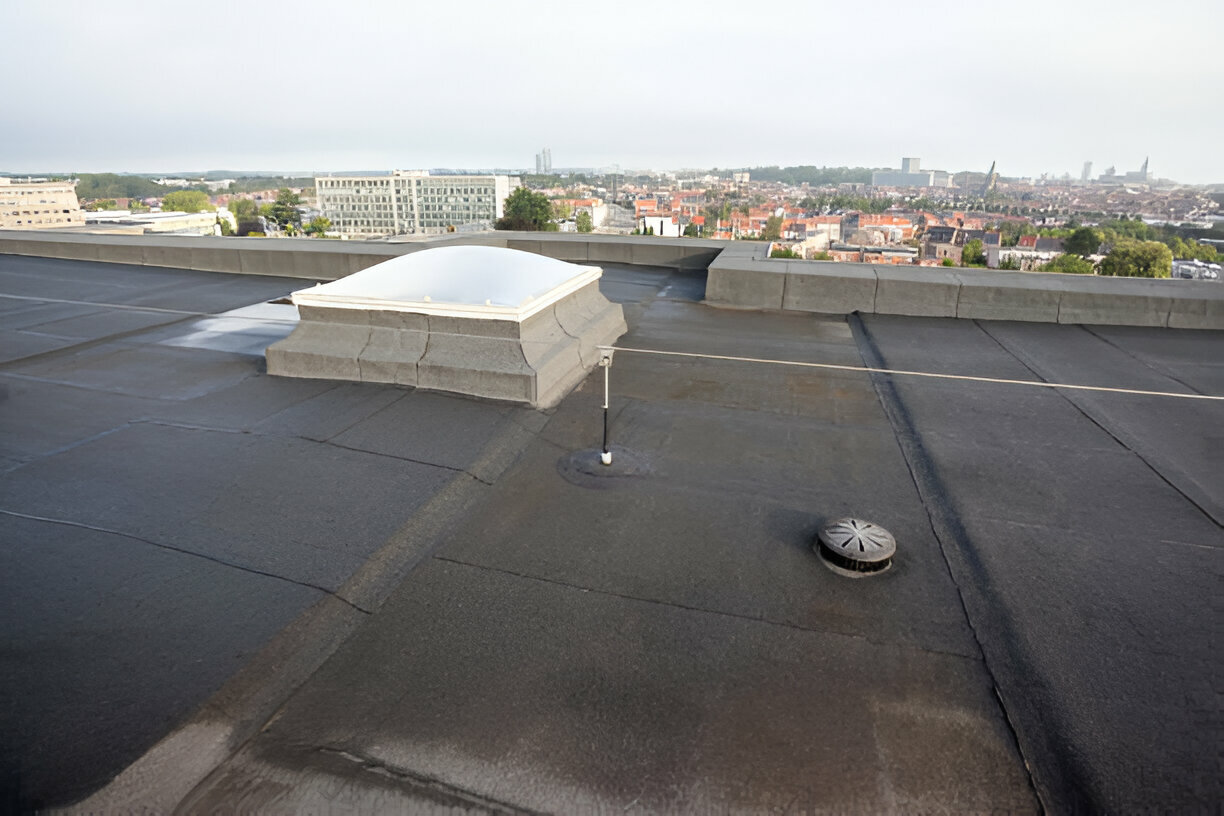
3. Punctures and Tears In TPO Roofing
While TPO roofing is strong, it’s still susceptible to punctures and tears caused by sharp objects, heavy foot traffic, or extreme weather conditions.
Why It Works out:
– Sharp debris or foot traffic
– Hailstorms or falling tree branches
Solution:
– Proper Foot Traffic Management: Use walk pads and limit access to the roof to avoid damage.
TPO Patch Kits: For small punctures or tears, TPO patch kits are an easy and cost-effective solution to repair the membrane.
– Regular Inspections: Promptly addressing any little harm can forestall further complications.
4. Water Pooling and Ponding
Flat roofs, including those made from TPO, can experience water pooling in areas with insufficient drainage. This stagnant water can eventually lead to material degradation and leaks.
Why It Happens:
– Poor roof slope or inadequate drainage
– Clogged gutters or drains
Solutions:
– Improved Drainage: Ensuring the roof has a proper slope and that gutters and drains are free from debris can help water flow off the roof.
– Regular Cleaning: Cleaning gutters and ensuring drainage systems are working accurately can prevent water accumulation.
– Tapered Insulation: Introducing tapered insulation during installation can help create proper drainage and avoid pooling.
How to Prevent TPO Roofing Problems
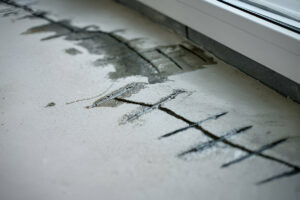
Preventative measures can help avoid many of the common issues associated with TPO roofing. Below are some ways to proactively protect your TPO roof:
1. Professional Installation Of TPO Roofing
The life span of a TPO roof starts with the establishment interaction. Hiring experienced professionals ensures that the seams are welded correctly, the material is properly laid, and that the roof structure is sound.
2. Regular Inspections Of The Roof
Schedule annual or bi-annual inspections with a qualified roofing professional to catch issues early. Inspections should focus on checking seams, flashings, drains, and the overall condition of the membrane.
3. Keep Roof Clean
Keeping the roof clean from debris like leaves, branches, and dirt prevents membrane damage and ensures drainage systems are not obstructed.
4. Use Proper Foot Traffic Procedures
Minimize foot traffic on your TPO roof. If access is important, use walk pads to prevent punctures or tears caused by heavy foot traffic or sharp objects.
5. Apply Protective Coatings
Consider applying a reflective or cool roof coating to shield the TPO layer from UV harm. This can help prevent surface degradation and prolong the life of the roof.
Final Thoughts
TPO roofing offers many advantages, yet like any roofing material, it’s not without its difficulties. By understanding the common issues related to TPO roofing, like seam failures, UV degradation, punctures, and water pooling, you can take steps to maintain the health of your roof and prevent costly repairs. Regular maintenance, proper installation, and proactive solutions will ensure that your TPO roof remains in top condition for years.

Your feedback is important to us! Please share your opinion if this blog was useful.
